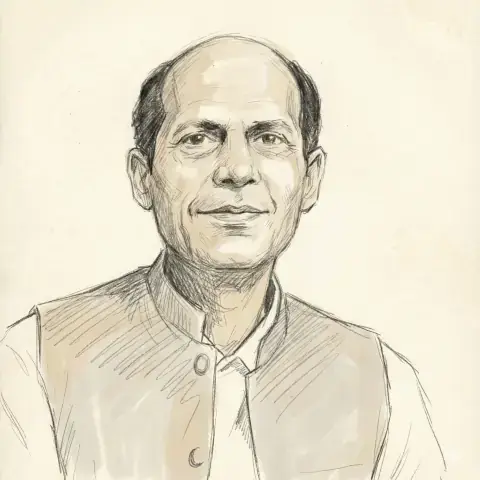ISLAMABAD: Dropping a hint that the controversial contempt of court act would not be struck down in toto, the Supreme Court observed on Wednesday that the opposition should have resisted the passage of the law in the parliament instead of walking out of the house. The opposition should have stayed in the parliament to resist the ruling party’s move, said Chief Justice Iftikhar Muhammad Chaudhry who heads a five-judge bench hearing 27 identical petitions challenging the Contempt of Court Act, 2012.
“Have you ever heard of a walkout from the US Congress; what kind of conduct is this,” Justice Tasaddaq Hussain Jilani remarked.
Justice Khilji Arif Hussain described walkouts as an injustice with the electorate.
Abdul Shakoor Piracha, the counsel for the federation, was asked to produce the record of parliament’s relevant proceedings and it was done during the hearing.
The chief justice said the record had been summoned to see the time consumed in debate.
Only two clauses of the new law – one pertaining to immunity for holders of public office against contempt of court proceedings and the other about an automatic stay on the filing of an appeal – appeared to be areas of concern for the court and during the proceedings judges spoke about their respect for the parliament. The ambience in another courtroom where a case relating to implementation of the National Reconciliation Ordinance (NRO) judgment was being heard also signalled that Prime Minister Raja Pervez Ashraf would no more be in need of a shield against the contempt of court proceedings.
Legal experts are of the opinion that the two controversial clauses may be sent back by the court to the parliament for review.
Justice Jawwad S. Khawaja was the only judge who rejected the theory of parliament’s supremacy and recalled that the court had struck down statutes in the past as well.
Senior lawyer A.K. Dogar, representing one of the petitioners, argued that loyalty to the state and obedience to the Constitution went together and said it was an inviolable duty of every citizen. “The judges will become paper tigers unless the judiciary has a sword and a shield in its hands.”
The chief justice said the court was least bothered about sentiments of people and would work in accordance with the Constitution and conscience. “We are to decide in accordance with the Constitution whether somebody likes it or not. This is the difference between much talked-about people’s verdicts and judicial decisions,” Justice Khilji Arif remarked.
Mr Dogar described the contempt law as a ‘stillborn’ piece of legislation and said it was a constitutionally dead law. He said the parliament had the power to make laws only with respect to the matters mentioned in the federal legislative list.
The counsel argued that the whole law would have to go and said the definition of contempt in Article 204 (2) being command of the Constitution could not be altered by a simple law. “Not a word, coma or full stop can be taken out and meaning and content cannot be changed,” he insisted.
Mr Dogar pointed out a number of flaws in the new law which prompted Justice Khilji Arif to observe that it amounted to frustrating the entire judicial system.
Justice Mian Shakirullah Jan observed that the offices mentioned in Article 248 (2) had been given immunity against criminal proceedings and that too limited to their performance as holders of public office. He said contempt of court was not covered under criminal proceedings, adding that Article 204 dealing with contempt of court referred to any person without any classification whatsoever.
Justice Khawaja was of the opinion that there was no conflict in the Constitution. “If it is so seen, it may be fault of our eyes.”
Justice Jilani said the contempt of court power was the only tool in the hands of the judiciary to get its judgments enforced.
Justice Shakirullah Jan said the stay clause in the impugned act was in conflict with Article 27 of the Constitution which required expeditious disposal.
When Advocate Abdul Rahman Siddiqui, appearing on behalf of another petitioner, said it was a mala fide legislation enacted without a proper debate and argued that in a way the entire parliament was made hostage and its independence usurped, the chief justice told him that he could not make it a point and such a grievance, if existed, could be raised by a member of the parliament.
Justice Tasaddaq Jilani said: “We respect the parliament. They are representatives of the people. We do not have inflated ego.
We are just worried about the system.”



































